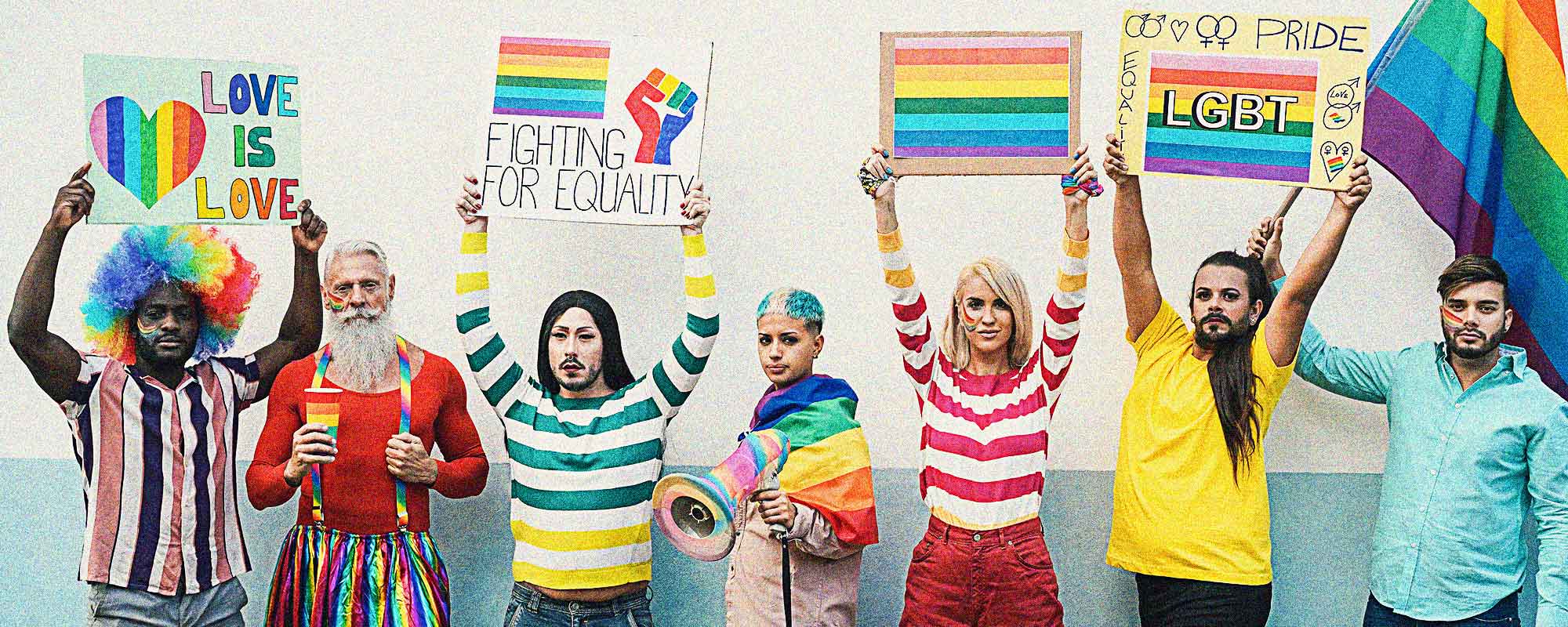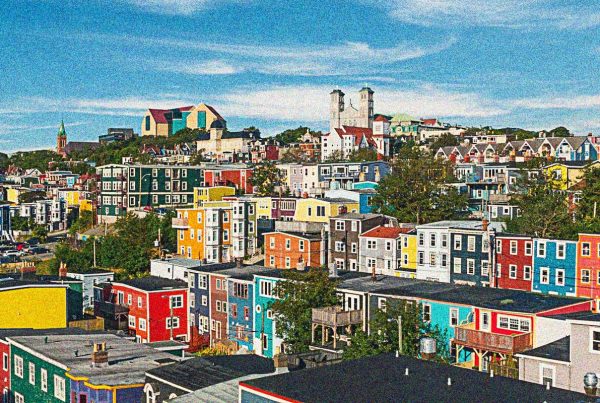TORONTO — Harini Sivalingam, Director of the Equality Program of the Canadian Civil Liberties Association, made the following statement:
The Canadian Civil Liberties Association will argue that the notwithstanding clause should not be interpreted in a manner that diminishes the rights and freedoms of trans and gender diverse students in the province.
The CCLA is an intervener in the constitutional challenge of gender identify laws in Saskatchewan v UR Pride being heard before the Saskatchewan Court of Appeal.
UR Pride Centre for Sexuality and Gender Diversity of Saskatchewan launched a constitutional challenge of Saskatchewan’s pronoun laws that have a detrimental impact on the rights of trans and gender diverse students in the province. Saskatchewan’s pronoun laws prevent trans and gender diverse students from using their chosen names and pronouns in schools without parental consent.
The CCLA is intervening in this case to prevent the misuse and abuse of the notwithstanding clause. The notwithstanding clause was never intended to be used – and should not be used to weaken or harm legal protections for marginalized and vulnerable communities, such as trans and gender diverse young people.
The CCLA will argue that the use of the notwithstanding clause does not prevent the court from being able to review the constitutionality of Saskatchewan’s pronoun laws.
The courts have a duty and role to play as guardians of the constitution, to ensure that the public is made aware that their government has enacted unconstitutional legislation. This important role of the court enhances democratic accountability and promotes an informed electorate to be empowered at the ballot box. This is especially important when rights and freedoms of marginalized and vulnerable groups are at stake.
The CCLA is grateful to be represented pro bono on this intervention by Dan LeBlanc and Leif Jensen of LeBlancJensen.
Read CCLA’s written arguments in our factum here.
About the Canadian Civil Liberties Association
The CCLA is an independent, non-profit organization with supporters from across the country. Founded in 1964, the CCLA is a national human rights organization committed to defending the rights, dignity, safety, and freedoms of all people in Canada.
Media Contact:
media@ccla.org
About the Canadian Civil Liberties Association
The CCLA is an independent, non-profit organization with supporters from across the country. Founded in 1964, the CCLA is a national human rights organization committed to defending the rights, dignity, safety, and freedoms of all people in Canada.
For the Media
For further comments, please contact us at media@ccla.org.





